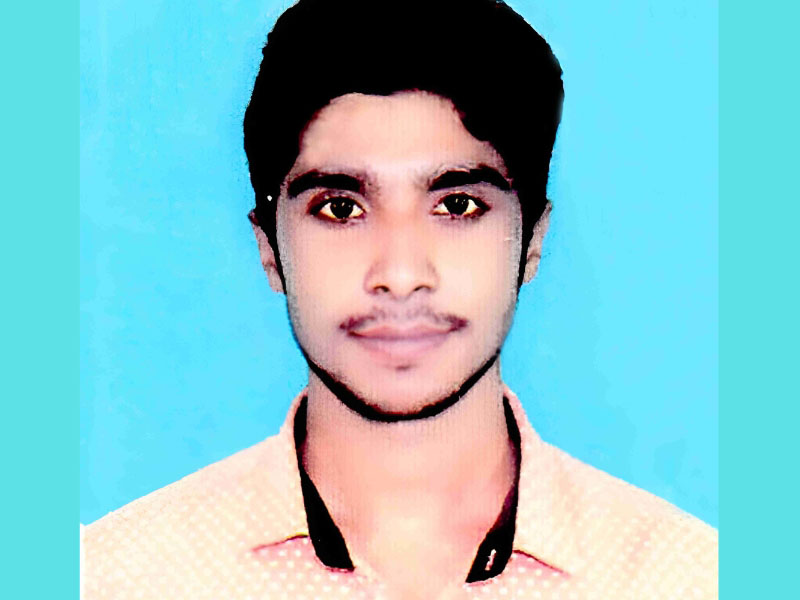Vocational Education in Bangladesh: Mijan’s Inspiring Journey

Vocational education in Bangladesh has proven to be a powerful tool for changing lives, as exemplified by Mijan’s story. Mijan, a resident of Sonadanga village in Ujangram union of Kushtia Sadar upazila, is the son of a poor farmer. His father Md Muktar Hussain and his mother Tiarun Khatun have always struggled to survive. Mijan, one of three siblings, found his way out of the cycle of poverty through vocational education, becoming a self-reliant and economically stable youth.
Humble Beginnings
Mijan’s family background is one of hardship and struggle. His father worked as a poor farmer, he had to work hard to meet the necessary expenses for the family even then his father couldn’t meet all the needs of the family. Mijan’s elder brother works as a day laborer, younger sister stays at home. None of the children could pursue higher education due to family financial constraints. Mijan himself could only study up to the eighth standard. Even while studying, he had to leave school to help his father at work.
The family’s financial situation worsened when Mijan’s elder brother got married and separated. The burden of supporting the family falls on Mijan and his father. With limited opportunities in the village and constant pressure from financial difficulties, Mijan began to look for ways to improve his situation.
Discover a new path
In early 2020, Mijan learned about a vocational education program implemented by FAIR with the support of the AF Mujibur Rahman Foundation. This program aimed to impart technical training to the marginalized population of Bangladesh. Mijan took advantage of this opportunity to enroll in a six-month tile fitting course run by FAIR, a human rights-based & development nonprofit organization. The course, which runs from February to July 2020, is designed to equip students with practical skills that can help them secure permanent employment.
During the six-month course, Mijan learned hands-on the various aspects of laying tiles and has acquired the experience and demonstrated the skills necessary to excel in this course. The training not only gave him technical knowledge but also instilled a sense of confidence and independence.
Achieving economic independence
After completing the course, Mijan began working locally, applying his newly acquired skills in tile fitting. He now earns an average of TK 500-600 per day, which is a significant improvement from his previous situation. This sustainable income allowed him to support his family and bring a sense of financial stability to their lives.
Mijan’s journey from a struggling sharecropper’s son to a skilled craftsman highlights the transformative power of vocational education in Bangladesh. His ability to earn a reliable income eased the financial burden on his family and gave him the freedom to plan for a better future.
Effects of Vocational Education
Mijan’s success story is a shining example of how vocational education can change lives. Programs offered by FAIR and AF Mujibur Rahman Foundation play an important role in providing opportunities for marginalized people to acquire practical skills and improve their economic prospects. Vocational education in Bangladesh is not just about learning business; It is about empowering individuals to break free from the cycle of poverty and achieve self-reliance.
Mijan is now a self-reliant young man who takes pride in his work and his ability to support his family. Her story is a testament to the effectiveness of vocational training programs and their potential to create lasting positive change in the lives of those who need it most.
look ahead
Mijan’s journey does not end here. With his newfound skills and confidence, he plans to further expand his expertise in tiles fitting and explore additional opportunities in the construction industry. She hopes to eventually start her own business, provide employment opportunities to others in her community, and continue the cycle of empowerment through vocational education.
Conclusion
Vocational education in Bangladesh has the power to change lives and create opportunities for people like Mijan. By equipping marginalized populations with practical skills, vocational training programs help individuals achieve economic independence and make positive contributions to their families and communities. Mijan’s story is an inspiring reminder of the potential within each individual and the profound impact education and training can have on their lives.
